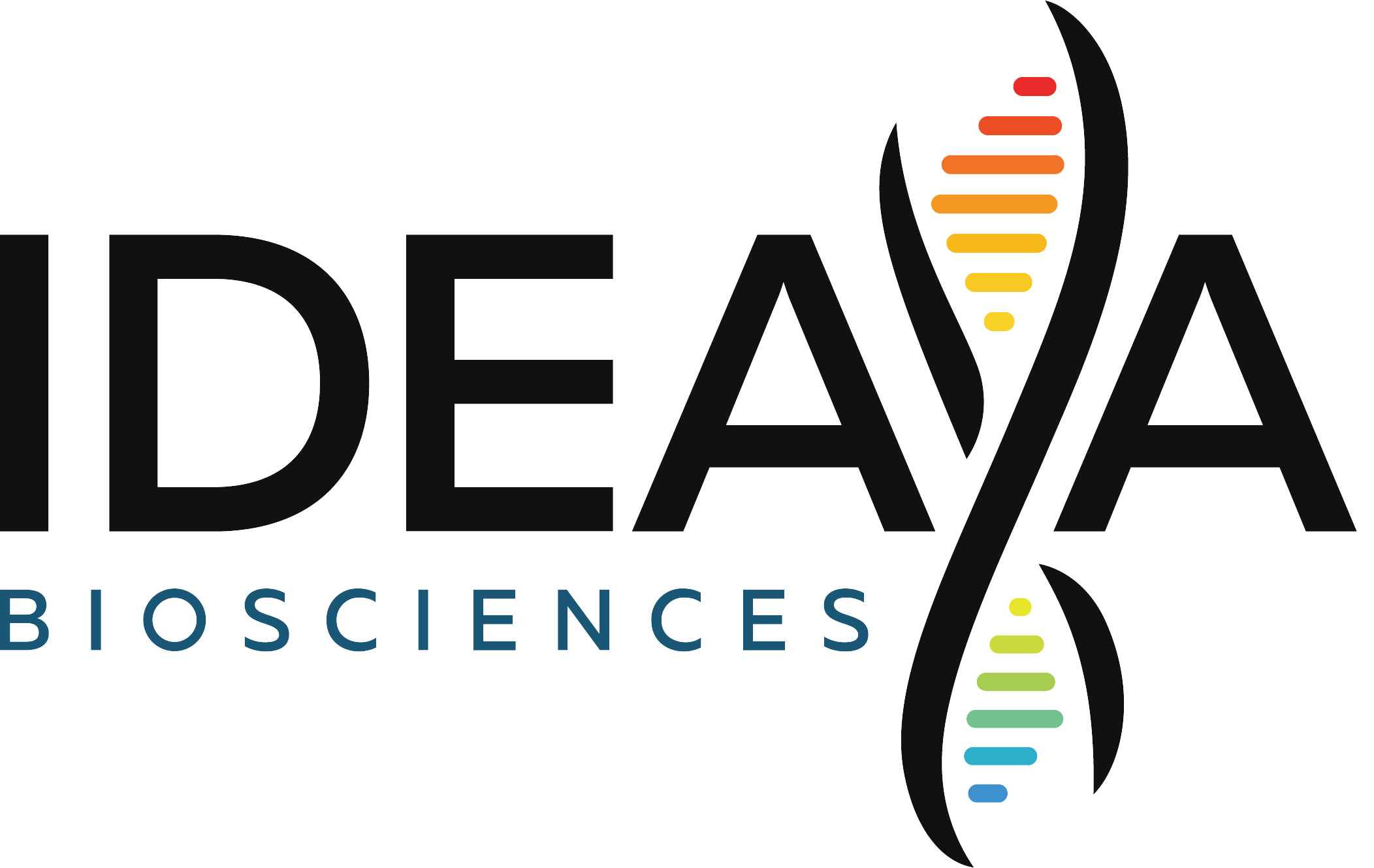
Have you been diagnosed with Uveal Melanoma?
Learn about a clinical research study for patients with metastatic uveal melanoma.

IDE196-002 is a clinical research study, sponsored by IDEAYA Biosciences, to find out if the experimental medication called IDE196 (darovasertib) in combination with crizotinib (an approved by health authorities drug shown to stop or slow cancer growth in other tumor types) is safe and effective in people diagnosed with metastatic uveal melanoma [cancer in the eye which has spread (metastasized) to another part of the body]. In addition, the study will test how effective the combination of IDE196 and crizotinib is compared to standard-of-care therapies (the usual treatment given by your study doctor for metastatic uveal melanoma) and will identify the ideal dose of the experimental treatment.
You may be eligible to participate if you:
You can discuss your eligibility to participate in this study with your doctor.
For more information on the IDE196-002 Study, please visit
https://clinicaltrials.gov/study/NCT05987332?titles=ide196&rank=2
If you qualify for the study and agree to participate, you will be randomly assigned to receive either:
1
Combination treatment of the experimental study medication IDE196 and crizotinib
OR
2
Treatment with one of the below standard-of-care medications*:
*You can discuss with your study doctor which of these will be the best option for you.
None of these therapies have been approved to treat melanoma, however, they are the best available therapies currently in use to treat a certain type of uveal melanoma (uveal melanoma that is HLA-A0201 negative, per NCCN Guidelines v1.2024)
The below figure contains brief information about the study medications
IDE196 is an experimental new medication which blocks a protein in your body called Protein Kinase C (PKC). Approximately 90% of patients with uveal melanoma have a gene mutation that activates the PKC pathway. The tumor may depend on the effects of PKC in order to survive and grow. By blocking PKC with IDE196, it is hoped that tumor growth and tumor size may be reduced. IDE196 has not been approved by the U.S. Food and Drug Administration (FDA) or any other regulatory authorities in the world. IDE196 has been studied in two other clinical trials in Australia, Europe, and North America and has been shown to be tolerable.
Crizotinib is an approved medication used to treat a certain kind of lung cancer and two types of pediatric tumors, but has not yet been approved to treat metastatic uveal melanoma. Although crizotinib has been approved for use in lung cancer by the FDA and certain other health authorities, it has not been approved for use when combined with IDE196.
Pembrolizumab, Ipilimumab and Nivolumab are approved medications that are used to treat a variety of cancers, including skin melanoma. These treatments have not been approved to treat uveal melanoma. These treatments are among a class of medications known as immunotherapy which activate and boost your immune system to attack cancer cells.
Dacarbazine is an approved chemotherapy medication that is used to treat lymphomas and skin melanoma. This treatment has not been approved to treat uveal melanoma. Dacarbazine is among a class of medications known as alkylating agents which interrupt the growth of cancer cells by interfering with the function of tumor cell DNA and eventually leading to tumor cell death.
|
IDE196 (darovasertib) |
Crizotinib (Xalkori®) |
Pembrolizumab (Keytruda®) Ipilimumab (Yervoy®) Nivolumab (Opdivo®) |
Dacarbazine (DTIC-Dome®) |
|---|---|---|---|
| IDE196 is an experimental new medication which blocks a protein in your body called Protein Kinase C (PKC). Approximately 90% of patients with uveal melanoma have a gene mutation that activates the PKC pathway. The tumor may depend on the effects of PKC in order to survive and grow. By blocking PKC with IDE196, it is hoped that tumor growth and tumor size may be reduced. IDE196 has not been approved by the U.S. Food and Drug Administration (FDA) or any other regulatory authorities in the world. IDE196 has been studied in two other clinical trials in Australia, Europe, and North America and has been shown to be tolerable. | Crizotinib is an approved medication used to treat a certain kind of lung cancer and two types of pediatric tumors, but has not yet been approved to treat metastatic uveal melanoma. Although crizotinib has been approved for use in lung cancer by the FDA and certain other health authorities, it has not been approved for use when combined with IDE196. | Pembrolizumab, Ipilimumab and Nivolumab are approved medications that are used to treat a variety of cancers, including skin melanoma. These treatments have not been approved to treat uveal melanoma. These treatments are among a class of medications known as immunotherapy which activate and boost your immune system to attack cancer cells. | Dacarbazine is an approved chemotherapy medication that is used to treat lymphomas and skin melanoma. This treatment has not been approved to treat uveal melanoma. Dacarbazine is among a class of medications known as alkylating agents which interrupt the growth of cancer cells by interfering with the function of tumor cell DNA and eventually leading to tumor cell death. |
